Business coach extraordinaire Michael Bungay Stanier shows you exactly how top-notch mentoring works. He provides 15 practical, easy-to-follow exercises, or “maps,” you can use to identify and pursue your best work – and your best attitude. While Stanier cannot look over your shoulder as you apply his approach, his helpful maps and friendly tone of voice make it seem as if he is right beside you, teaching you how to attain goals that make a difference. getAbstract recommends Stanier’s systematic and supportive approach to making your work more substantive.
Does Your Work Make You Happy?
The amount of time you spend at work is substantial: more than 50% of your life. For your own sake, make this time as productive, meaningful and enjoyable as possible. Try to do “great work,” because work that is just OK – or, especially, work that turns out badly – won’t sustain you or bring you joy. Since time and tasks now tend to push people mercilessly, doing great work isn’t easy. Nevertheless, you can do it if you follow some simple rules.
First, clarify great work by contrasting it with its opposite, “bad work,” which is easier to spot. Bad work sits in a swamp of energy-draining bureaucracy, innumerable meetings, wasteful processes and numbing inefficiencies. Bad work has no purpose. In contrast, great work is inspirational; it makes a positive impact. It counts. It’s what everyone wants to do. But when you try to define what great work means, you will find six paradoxes:
- “You don’t need to save the world. You do need to make a difference” – Great work doesn’t require you to change the planet, but it does make an important contribution.
- “Great work is private. Great work can ...
Michael Bungay Stanier is the founder and senior partner of Box of Crayons, an innovation consultancy. A former Rhodes Scholar, he became Canada’s business Coach of the Year in 2006.








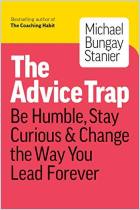
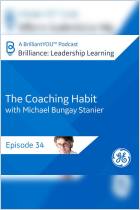
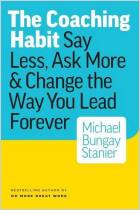
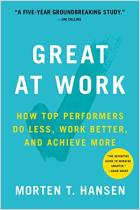
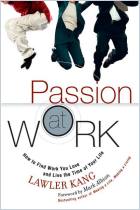
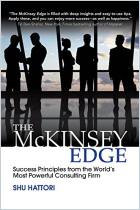
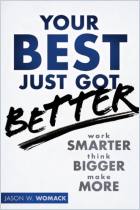
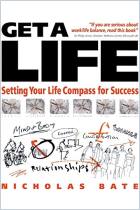
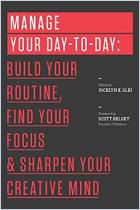


Comment on this summary or Démarrer une discussion